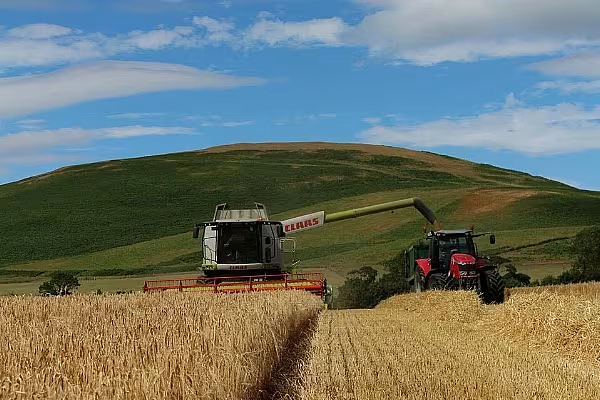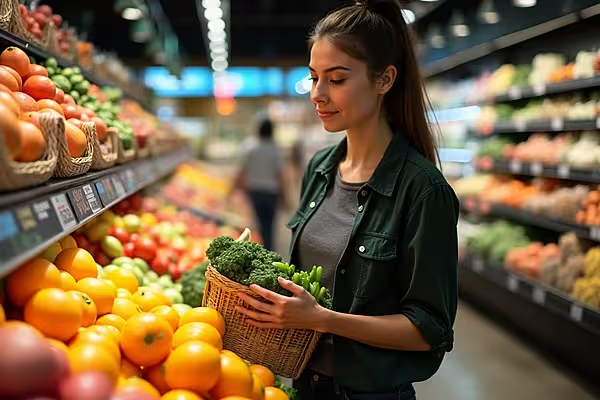Britain's ability to feed itself is set to be reduced by nearly a tenth this year as farmers across the country reel from one of the wettest winters on record, according to an energy and climate think tank.
Heavy rain in the winter months left vast swathes of agricultural land saturated, with many arable farmers unable to plant crops and losing those that were in the ground.
Outlook
Analysis from the Energy & Climate Intelligence Unit (ECIU), a non-profit organisation that studies energy and climate change issues, estimated that the projected reduction in key arable crops as a result of lower crop area and poor yields will reduce UK self-sufficiency by eight percentage points when measured by volume, declining from an average of 86% between 2018 and 2022 to 78% this year.
Specifically the UK could become dependent on foreign imports for around a third of its wheat, with wheat self-sufficiency estimated to decline from 92% in the same period to 68%, the ECIU said.
Self-sufficiency in rapeseed is estimated to collapse to a historic low of 40% from 75%.
Farmers also expect poor harvests of potatoes and onions.
Less domestic production and more imports could hold back the decline in food inflation, which hit a 45-year high of 19.2% in March 2023 but had fallen to 4% in March this year, according to official data.
The National Farmers' Union has warned that consumers may see the effects through the year.
However, last month Simon Roberts, CEO of Sainsbury's, Britain's second biggest supermarket, said he was confident the group could "protect availability without causing any impact for customers," noting that commodity costs "in the main" were coming down.
Farm To Fork Summit
The ECIU's analysis was published ahead of a meeting Prime Minister Rishi Sunak plans to host on Tuesday (14 May) – the second annual 'Farm to Fork Summit', which brings together representatives of the UK food supply chain.
“In 2021, the government warned that climate change was the biggest medium to long term threat to our food security. This analysis suggests that it is the biggest risk now, not at some far off point in the future," said Tom Lancaster, land analyst at the ECIU.














